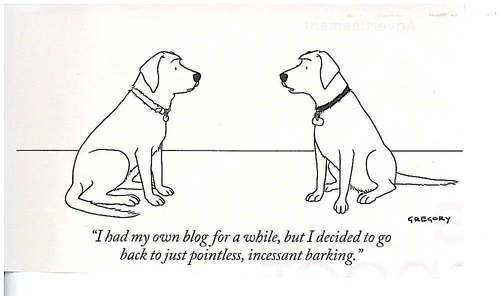It’s funny how some books linger in the mind, long after you’ve turned the last page. W.G. Sebald’s The Rings of Saturn has had that effect on me. I wrote about it the other day, when I was just over half-way through, and I had a nice email from my friend and colleague, Martin Weller, who had seen my post and had been looking for something unconnected with work to bring with him on holiday. He’d been moved by what I’d written to get the Sebald book.
It was an unfamiliar literary form for me – a meditative travelogue. But Andrew Motion argued in a recent review of The Wild Places by Robert Macfarlane that actually this is a relatively venerable form with its roots “in late 19th-and early 20th-century travelogues of the kind written by Edward Thomas”.
I felt slightly ashamed that I hadn’t known more about Sebald, who died in 2001 aged 57 when his car veered off a foggy road in East Anglia. A friend dug out two newspaper pieces, one an interview by Maya Jaggi published in December 2001, the other the Guardian obituary by his friend and fellow Norfolk resident, Michael Homberger (who features in The Rings of Saturn).
Sebald was born in a small Bavarian village in May 1944, the child of a “working-class, small-peasant” family. His father prospered modestly under the Nazis and rose to the rank of captain in the Wehrmacht. Like many (most?) German children of his generation, Sebald initially knew nothing about what had gone on during the Third Reich. “Until I was 16 or 17”, he told Jaggi, “I had heard practically nothing about the history that preceded 1945. Only when we were 17 were we confronted with a documentary film of the opening of the Belsen camp. There it was, and we somehow had to get our minds around it – which of course we didn’t. It was in the afternoon, with a football match afterwards. So it took years to find out what had happened. In the mid-1960s, I could not conceive that these events had happened only a few years back”.
Perhaps this is why his writing is suffused with a preoccupation with memory. And why he always approaches things obliquely. The thing that struck me about The Rings of Saturn was that he always seemed to be coming from left field. Homberger says in his obit that Sebald believed that “attempts to look directly at the horror would turn a writer into stone, or sentimentality”.
The other interesting thing I discovered is that Sebald was a devoted photographer. (The Rings of Saturn is richly illustrated by low-grade reproductions of the kind of pictures taken by someone who uses – as I do — a camera as a kind of visual notebook.) “I’ve always been interested in photographs”, he told Jaggi, “collecting them not systematically but randomly. They get lost, then turn up again. Two years ago in a junk shop in the east End of London, I found a photograph of the yodelling group from my home town. That is a pretty staggering experience. These old photographs always seem to have this appeal written into them, that you should tell a story behind them. In The Emigrants [another of his books] there is a group photograph of a large Jewish family, all wearing Bavarian costume. That one image tells you more about the history of German-Jewish aspiration than a whole monograph would do.”
He’s right. I hope Martin enjoys The Rings of Saturn as much as I did.


